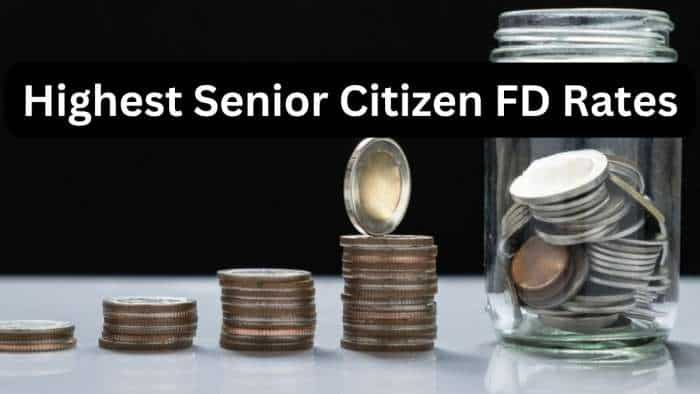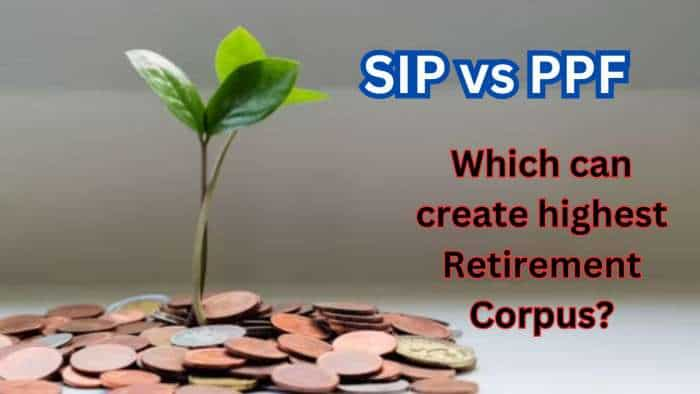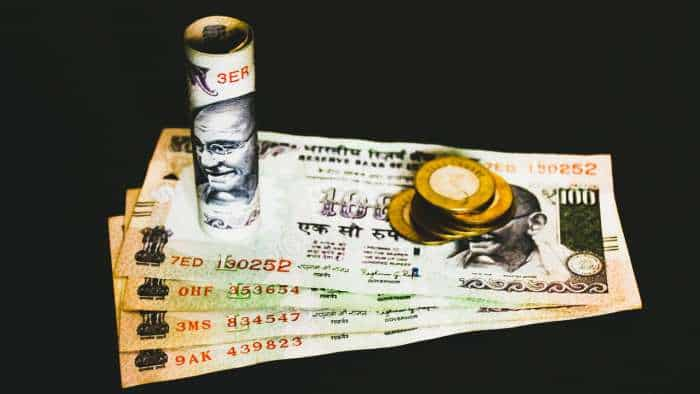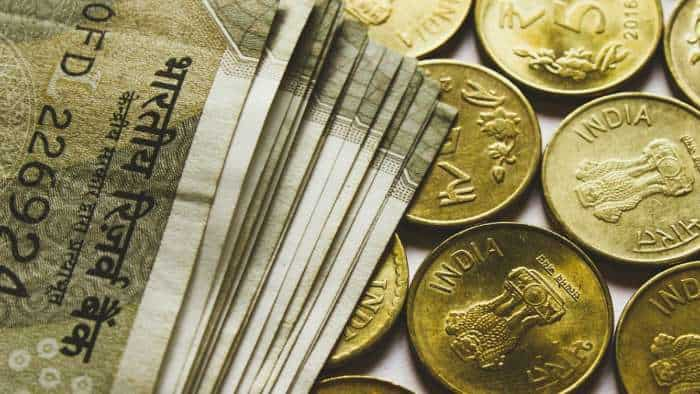GST Bill: A timeline of events since 2003
The Ministry said that the bill was first discussed in the report of the Kelkar Task Force on indirect taxes.

The most-awaited Goods and Service Tax (GST) Bill was cleared by Rajya Sabha on Wednesday. The 16-years long journey of the Bill was not easy.
Yesterday afternoon, when the Bill was tabled in Rajya Sabha, Ministry of Finance released an FAQs regarding the bill.
The Ministry said that the bill was first discussed in the report of the Kelkar Task Force on indirect taxes.
Here are the major chronological events that led to the introduction of GST:
1. In 2003, the Kelkar Task Force on indirect tax had suggested a comprehensive Goods and Services Tax (GST) based on VAT principle.
2. A proposal to introduce a National level Goods and Services Tax (GST) by April 1, 2010 was first mooted in the Budget Speech for the financial year 2006-07.
3. Since the proposal involved reform/ restructuring of not only indirect taxes levied by the Centre but also the States, the responsibility of preparing a Design and Road Map for the implementation of GST was assigned to the Empowered Committee of State Finance Ministers (EC).
4. Based on inputs from Govt of India and States, the EC released its First Discussion Paper on Goods and Services Tax in India in November, 2009.
5. In order to take the GST related work further, a Joint Working Group consisting of officers from Central as well as State Government was constituted in September, 2009.
6. In order to amend the Constitution to enable introduction of GST, the Constitution (115th Amendment) Bill was introduced in the Lok Sabha in March 2011. As per the prescribed procedure, the Bill was referred to the Standing Committee on Finance of the Parliament for examination and report.
7. Meanwhile, in pursuance of the decision taken in a meeting between the Union Finance Minister and the Empowered Committee of State Finance Ministers on 8th November, 2012, a ‘Committee on GST Design’, consisting of the officials of the Government of India, State Governments and the Empowered Committee was constituted.
8. This Committee did a detailed discussion on GST design including the Constitution (115th) Amendment Bill and submitted its report in January, 2013. Based on this Report, the EC recommended certain changes in the Constitution Amendment Bill in their meeting at Bhubaneswar in January 2013.
9. The Empowered Committee in the Bhubaneswar meeting also decided to constitute three committees of officers to discuss and report on various aspects of GST as follows:-
(a) Committee on Place of Supply Rules and Revenue Neutral Rates;
(b) Committee on dual control, threshold and exemptions;
(c) Committee on IGST and GST on imports.
10. The Parliamentary Standing Committee submitted its Report in August, 2013 to the Lok Sabha. The recommendations of the Empowered Committee and the recommendations of the Parliamentary Standing Committee were examined in the Ministry in consultation with the Legislative Department. Most of the recommendations made by the Empowered Committee and the Parliamentary Standing Committee were accepted and the draft Amendment Bill was suitably revised.
11. The final draft Constitutional Amendment Bill incorporating the above stated changes were sent to the Empowered Committee for consideration in September 2013.
12. The EC once again made certain recommendations on the Bill after its meeting in Shillong in November 2013. Certain recommendations of the Empowered Committee were incorporated in the draft Constitution (115th Amendment) Bill. The revised draft was sent for consideration of the Empowered Committee in March, 2014.
13. The 115th Constitutional (Amendment) Bill, 2011, for the introduction of GST introduced in the Lok Sabha in March 2011 lapsed with the dissolution of the 15th Lok Sabha.
14. In June 2014, the draft Constitution Amendment Bill was sent to the Empowered Committee after approval of the new Government.
15. Based on a broad consensus reached with the Empowered Committee on the contours of the Bill, the Cabinet on 17.12.2014 approved the proposal for introduction of a Bill in the Parliament for amending the Constitution of India to facilitate the introduction of Goods and Services Tax (GST) in the country. The Bill was introduced in the Lok Sabha on 19.12.2014, and was passed by the Lok Sabha on 06.05.2015. It was then referred to the Select Committee of Rajya Sabha, which submitted its report on 22.07.2015.
Get Latest Business News, Stock Market Updates and Videos; Check your tax outgo through Income Tax Calculator and save money through our Personal Finance coverage. Check Business Breaking News Live on Zee Business Twitter and Facebook. Subscribe on YouTube.
RECOMMENDED STORIES

Highest Senior Citizen FD Rates: Here's what banks like SBI, PNB, BoB, Canara Bank, HDFC Bank and ICICI Bank are providing on 1-year, 3-year, 5-year fixed deposits

Power of Compounding: How can you create Rs 5 crore, 6 crore, 7 crore corpuses if your monthly salary is Rs 20,000?

PPF vs SIP: With Rs 12,000 monthly investment for 30 years; which can create highest retirement corpus

Top 7 Mutual Funds With Highest Returns in 1 Year: Rs 6,54,321 in No 1 scheme has jumped to 10,38,996; what about others?

Top 7 Mutual Funds With Best SIP Returns in 1 Year: Rs 33,333 monthly SIP investment in No. 1 fund has generated Rs 5,12,069; know more details

Stocks to buy for 2025: Anil Singhvi bets on 2 largecaps and 1 midcap stock for up to 48% potential gains

Top 7 Large and Mid Cap Mutual Funds With Highest SIP Returns in 1 Year: Rs 27,27,2 monthly SIP investment in No. 1 fund has zoomed to Rs 4,05,296
12:38 PM IST











 GST Bill passed: When does it come into force?
GST Bill passed: When does it come into force?  GST Constitutional Amendment Bill: What is India Inc saying
GST Constitutional Amendment Bill: What is India Inc saying GST: Tax rates that other countries charge
GST: Tax rates that other countries charge GST Bill: All you need to know
GST Bill: All you need to know GST Bill: 10 essential goods to become cheaper
GST Bill: 10 essential goods to become cheaper